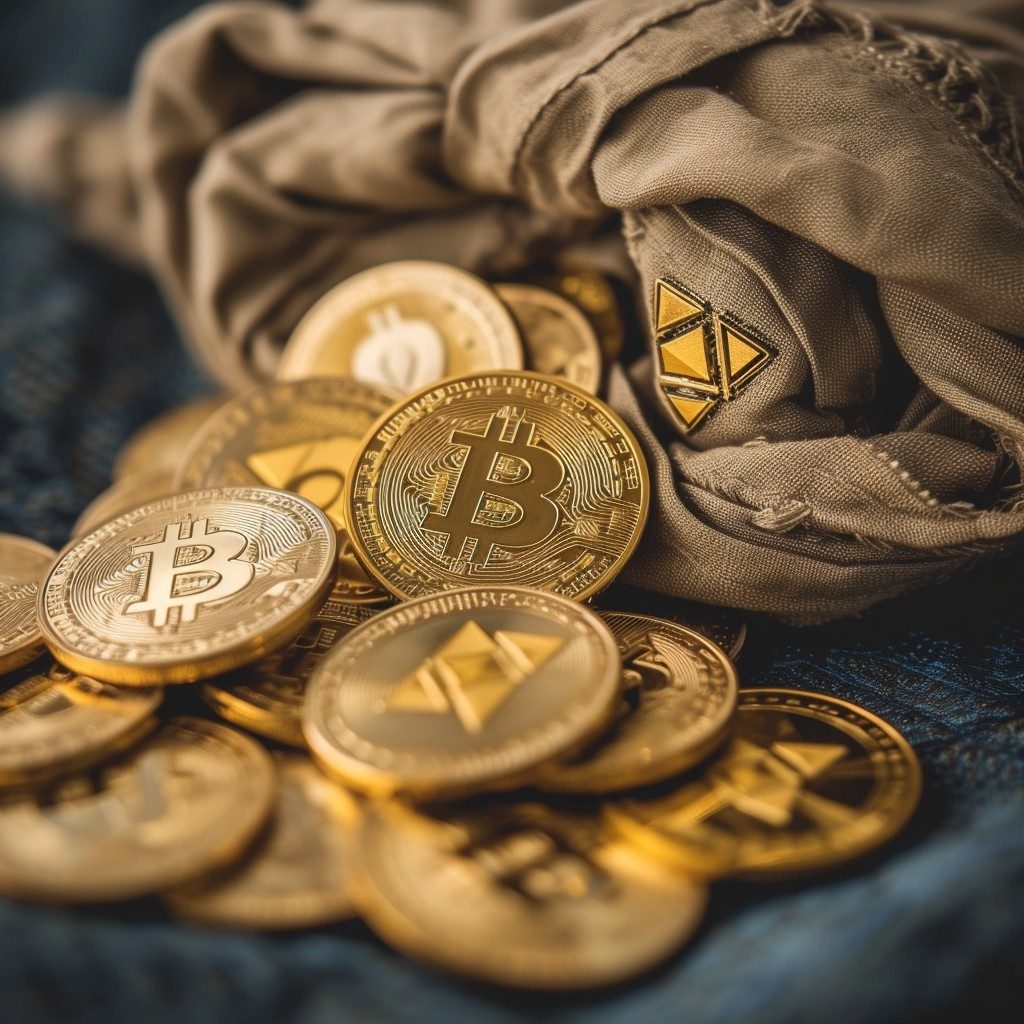The Philippines is set to introduce a wholesale Central Bank Digital Currency (CBDC) within the next two years. Governor Eli Remolona Jr. of the Bangko Sentral ng Pilipinas (BSP) announced the strategic plan, highlighting the decision to opt for a wholesale rather than a retail CBDC for the country. This initiative aims to enhance domestic and cross-border payments’ efficiency, safety, and reliability.
A strategic departure from blockchain
Contrary to the global trend of employing blockchain technology for CBDCs, the Philippines has decided to take a different path. Governor Remolona revealed on February 12 that the CBDC would not utilize blockchain technology, citing the less-than-favorable experiences of other central banks with this technology. Instead, the Philippine CBDC will be based on the Payment and Settlement System owned by the BSP. This system is poised to facilitate real-time interbank payments and settlements, offering banks an alternative to reserves for depositing money with the BSP.
The focus on wholesale CBDC comes with a clear intention to limit its use to banks as the sole counterparties, with retail banking services to build upon this foundation. This approach is seen as a way to mitigate the risks associated with retail CBDCs, such as disintermediation and potential bank runs during financial crises. It also aims to reduce the central bank’s footprint in the retail banking sector, addressing concerns over central bank overreach.
Lessons from abroad and regulatory stance
Successful CBDC implementations in countries like Sweden and China inform the BSP’s decision. Sweden’s Riksbank and China’s digital yuan project serve as benchmarks for the Philippines, showcasing the potential of CBDCs as digital complements to cash and alternatives to volatile cryptocurrencies. These international examples provide valuable insights into how the Philippines can navigate the challenges and opportunities presented by digital currencies.
In addition to developing a CBDC, the Philippines has maintained a strict regulatory stance on cryptocurrencies and crypto exchanges. The recent reiteration of a ban on Binance by the Philippines Securities and Exchange Commission (SEC) highlights the government’s commitment to protecting the local market from unregistered foreign crypto service providers. This hardline approach reflects the regulatory environment in which the CBDC is being introduced, aiming to balance innovation with investor protection and market integrity.
The introduction of a wholesale CBDC in the Philippines marks a significant milestone in the country’s financial sector, promising to enhance the efficiency and security of the banking system. By opting for a non-blockchain-based solution and focusing on wholesale applications, the BSP sets a precedent for other nations considering similar digital currency initiatives.





